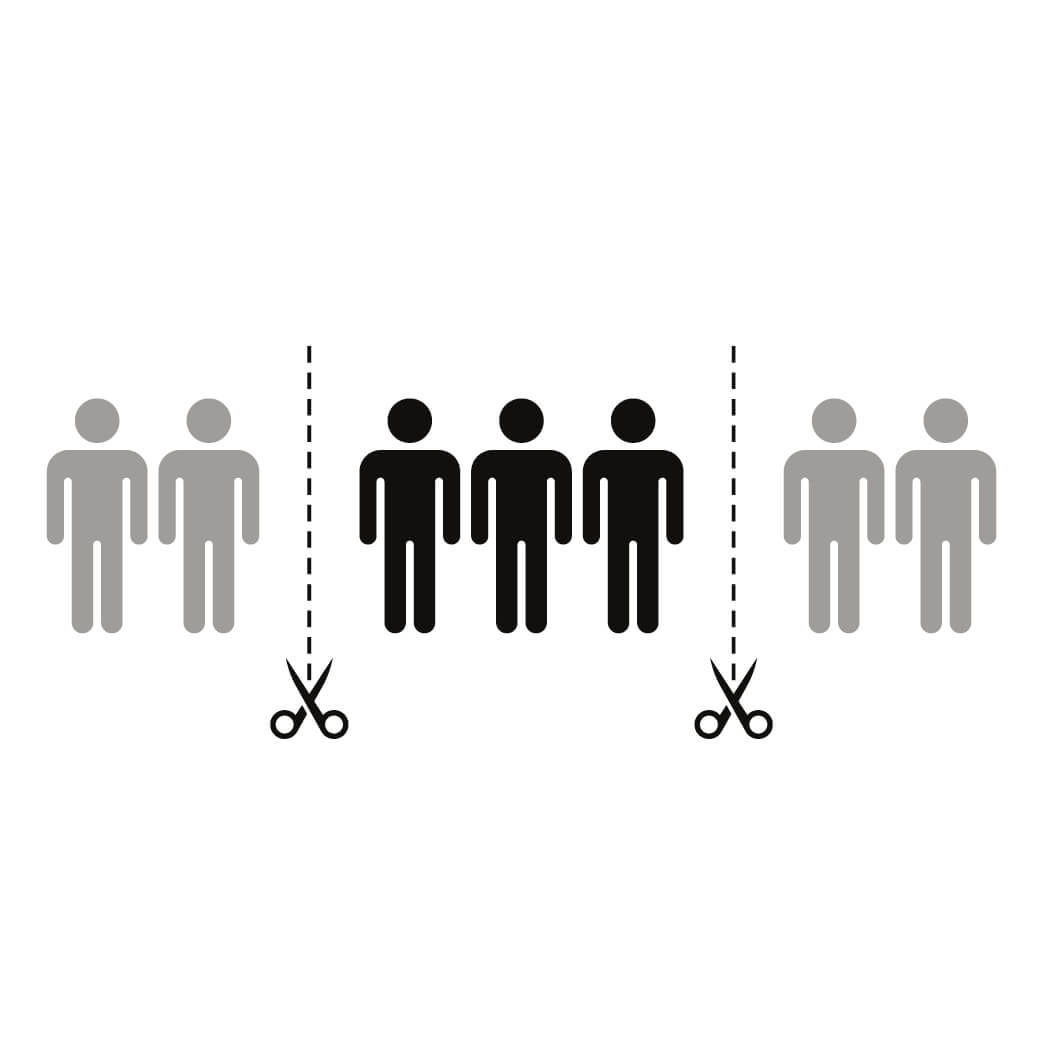
I was talking with a friend recently who was lamenting that her father had “changed dramatically” since he had retired. It brought back a memory from when I was a child. Our neighbour across the street, Mr. Jackson, was kind of a big deal. He was a bank president, always in a 3-piece suit, drove the nicest car in the neighborhood and carried himself with authority everywhere he went.
And then he retired.
And I watched as this vibrant, self-assured, pillar of the community became a shrunken dotard in just a couple of years. He was dead within five. It has always stuck with me. And now, with so much of the work we do involving identity, it makes complete sense. So many people’s identities are completely wrapped up in the fact (for them) that what they do is who they are. Which leads to the question that Mr. Jackson and my friend’s father faced upon retirement: Who am I now?
Retirement is a tough time to need to come up with a new identity. Most people have less of what they used to have more of: money, control and health, and more of what they used to have less of: spare time. Which often translates to using all that spare time to lament the loss of the money, control and health — and the self-worth that those things and a career can provide. Even those that retire early without some plan for the ensuing years can find themselves adrift.
This can easily lead to depression and unhealthy habits such as drinking or spending too much time online. Or worse yet, mixing the two. And it’s not to be ignored that, much like was the case when the pandemic hit, many marriages sustainability is based on the fact that the couple will be apart for much of the waking day. What used to feel like occasional quirks can quickly become relentless annoyances when people are under your feet from dawn till dusk.
Additionally, people who were in a position of power can have a difficult time transitioning to having less and declining power — including over the functioning of their own body. Much like the only way a teen might claim power is the power to piss you off, it’s not unusual for those who are aging and/or have retired to try and find power wherever they can. This often translates to obstinacy, secrecy, intransigence and outrage, or wanting to offload their “wisdom” on any younger person that comes into range.
I have often wondered if a major reason why women tend to live longer than men is that men suffer much more of an identity loss when they age and retire. The traditional roles of men and women have long asked (expected) women to subsume their desires and goals inside of men’s. A person living that life will be practiced at doing so when retirement and age erodes other forms of power and control. I would be interested to see how (or if) the disparity of life expectancies changes as people who have grown up with more fluid gender roles reach retirement and old age.
There are numerous strategies for making a large life-transition available with a quick ask of google or ChatGPT, so I’ll not list them here. But the overarching narrative would be one of patience and understanding, both for yourself and for those around you.
Done right and approached as a team (a “team” can just be getting one other person’s outside perspective), and best of all with advance planning, heading into one’s later years can feel like a voyage of exploration and discovery. Excitement and fear are close cousins, but with some planning and patience one can hang with the cousin that is more fun.
A wonderful life-moment for me came one day in my teens when I was camping/hiking alone in the then Brecon Beacons (now, Bannau Brycheiniog) in Wales. I crouched down on the side of a glacial valley and watched in awe as a massive thunderstorm rolled in and cannonaded all around me. It was the first time in my life I focused on the fact that I was nothing, in the face of everything. A galactic ant. Letting go of the thought that you are particularly special or that the universe owes you anything is wonderfully freeing.
The truth is, upon retirement, most people have 20-30 years to live. Maybe much less. Thirty years after that, you’ll be all but forgotten. Find freedom and peace in that thought and you’ll smile as you let loose the reins of whatever power you hold.

When humans face true cataclysm, we pull together. When it’s about money and power, not so much.

When people see public health messages directed at them, they are very aware that others can see them also and it can trigger concern of how other people in the community now think about them.
People seek to have power over their own lives. Teens, adults, older adults – everyone. What happens when they feel powerless? What happens when you or your communications make them feel they have less power?
The way we talk to others demand that they accept an identity for themselves, and sets up a particular relational dynamic. If we're not careful, that identity can be stigmatizing or turn away the very people we're trying to help.
Get the latest posts and updates delivered to your inbox.